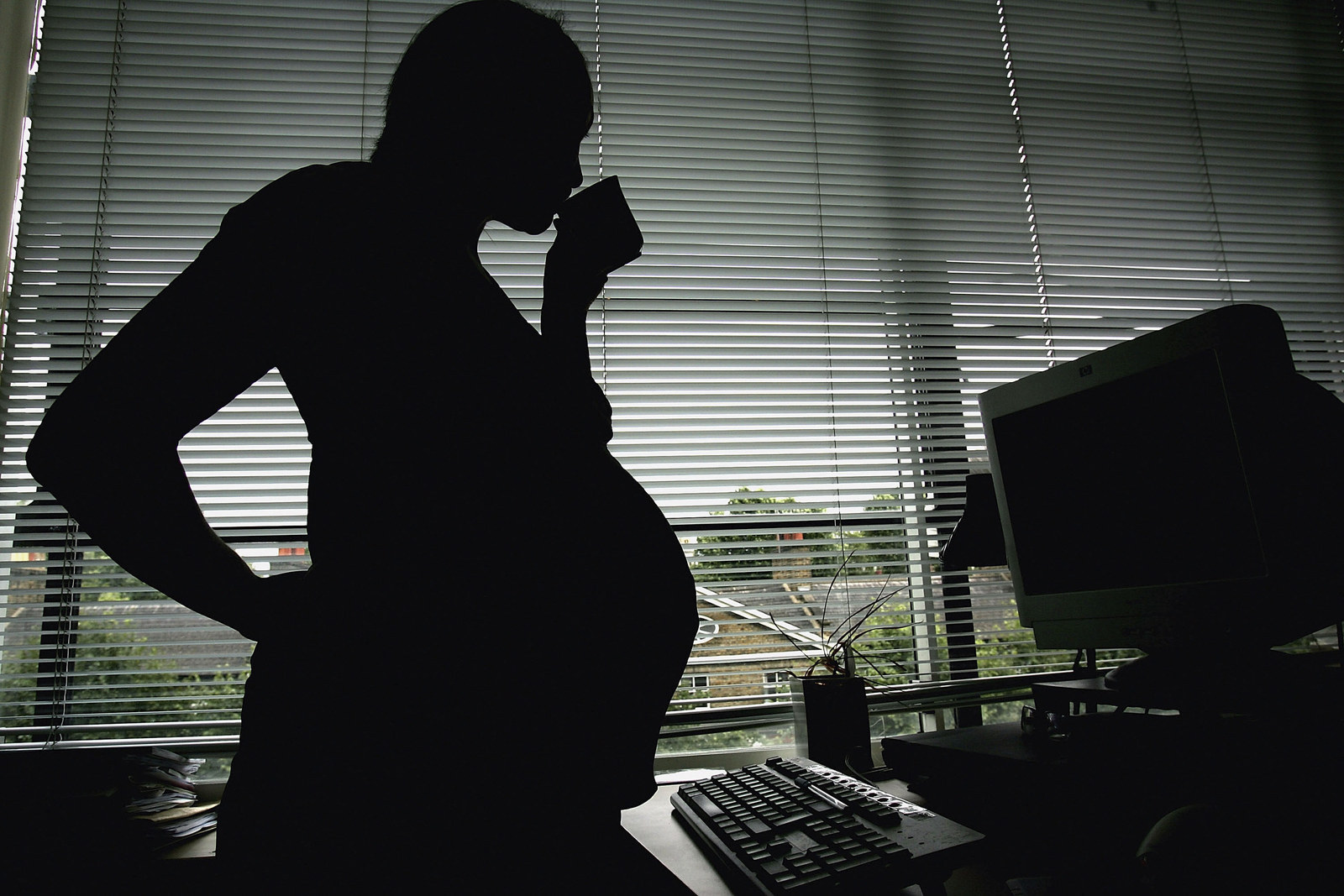The government introduced a number of changes to superannuation in the federal budget – many billed as good for women who are low income earners.

A recent senate inquiry found that on average, women retire with half the super of men.
"This means that women, particularly single women, are at greater risk of experiencing poverty, housing stress and homelessness in retirement," the report found. As Australia's population ages, this problem will only get worse.
In the Budget handed down on Tuesday, there are a few measures earmarked as helping women who are low income earners.
1. The Low Income Superannuation Tax Offset, Or, We Won't Make You Pay Tax On Super If You Don't Earn Much
You get a tax refund of up to $500 on super contributions if you're earning under $37,000. This is essentially a rebadged version of Labor's Low Income Super Contribution (LISC) and will kick in when LISC ends on July 1 2017.
"This will provide a benefit of up to $500 a year for over 3 million people, of whom around two-thirds are women," said Pauline Vamos, CEO of the Association of Superannuation Funds Australia.
2. The Low Income Partner Incentive, Or, Your Richer Partner Has An Incentive To Put Money In Your Super
Currently, there's a tax offset for spouses who contribute to their partner's account if they earn $10,800 or less. That's now been lifted to $37,000, meaning a bunch more people are eligible. The higher-earning partner can get a tax refund of up to $540 for contributions made to their partner's account.
Vamos described the change as useful but relatively insignificant, saying the incentive was "not a huge amount".
3. More Money For The Super Complaints Tribunal, Or, The Waiting List Of People Who Need Superannuation Help Will Be Shorter
Vamos told BuzzFeed News that many women experiencing issues with their superannuation fund after, for instance, the death of a partner or a divorce, may not be able to afford a lawyer.
The SCT is a free dispute resolution process with a backlog – and increased funding will go towards fixing that, meaning people who need help can get it sooner.
Advocates say these changes are good – but they are not a silver bullet.

The super system is just not designed for people who come in and out of the workforce, said Marie Coleman, chair of the social policy committee at the National Foundation for Australian Women.
"Any decent review that’s been done in the past decade has come to the conclusion that most women will retire into the age pension with some super, but not enough to make them independent," she said.
One of the biggest issues in the imbalance between men and women's super is the $450 per month threshold, under which employers do not have to pay any super at all. For many women who work multiple jobs in industries like aged care and hospitality, but don't trigger the $450 threshold in any of them, this spells retirement disaster.
"They don’t earn from any single employer more than $450 a month," Vamos said. "You can effectively be working full time, nights and weekends, and not have anything going into your super."
Despite the positive super changes, Coleman said all-in-all, this budget is not good for women.
She slammed the fact there is "not a single word" to do with housing affordability or women's workforce participation.
"Housing security is a major issue, not only for young people trying to get into the housing market, but also for older women close to retirement and for whatever reason have lost the secure property they once co-owned with a partner, or never had one," she said. "That is a killer, to be in the private rental market and totally dependent on the age pension."
"The poorest families, likely to be headed by women, are going to find this a very hard budget."
